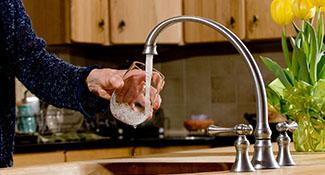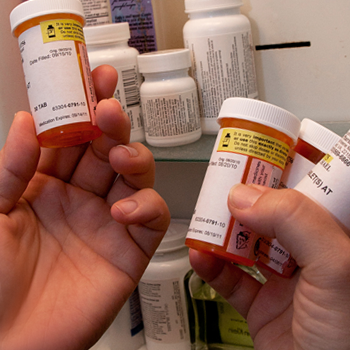High Temperature Machines 150 deg F minimum wash temperature Ideal: 160 – 165 deg F; avoids baking soils on to dishes Wash tank temperature maintained by separate heating source 180 deg F minimum rinse temperature 195 deg F maximum allowed by NSF "Booster heater" heats incoming water to 180 …
News
Drinking Water Regulations
The National Primary Drinking Water Regulations (NPDWRs or primary standards) are legally enforceable standards that apply to public water systems. Primary standards protect public health by limiting the levels of contaminants in drinking water. View the list of regulated contaminants here. Each …
Using Insect Repellents
Recent outbreaks of mosquito-borne viral illnesses in Puerto Rico and Hawaii have raised questions about how to protect against the mosquitoes that transmit dengue, Zika, and other viral diseases (Aedes albopictus and Aedes aegypti). Insect repellents are one part of a more comprehensive program to …
How to Dispose of Unused Medicines
Most drugs can be thrown in the household trash, but consumers should take certain precautions before tossing them out, according to the Food and Drug Administration (FDA). A few drugs should be flushed down the toilet. And a growing number of community-based "takeback" programs offer another safe …
Norovirus: what is it?
Norovirus is a very contagious virus that can infect anyone. You can get it from an infected person, contaminated food or water, or by touching contaminated surfaces. The virus causes your stomach or intestines or both to get inflamed. This leads you to have stomach pain, nausea, and diarrhea and to …


